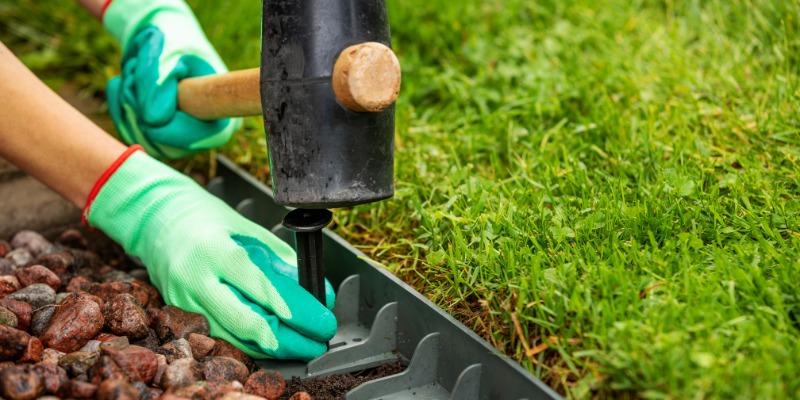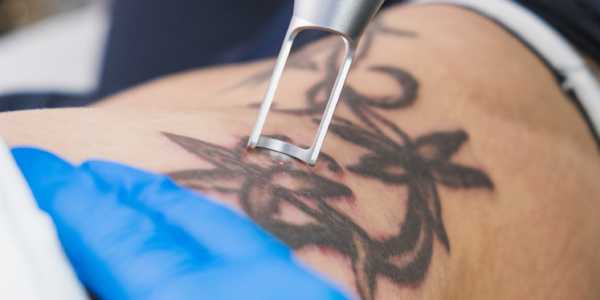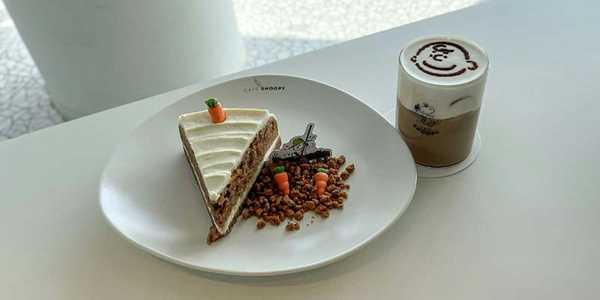How to Clear Acne at Home?
Acne is a widespread skin condition affecting millions globally, especially during adolescence and early adulthood. It arises from clogged hair follicles due to an overproduction of oil and accumulation of dead skin cells, resulting in lesions such as pimples, blackheads, and cysts. Beyond its physical manifestations, acne can severely impact self-esteem and mental health.
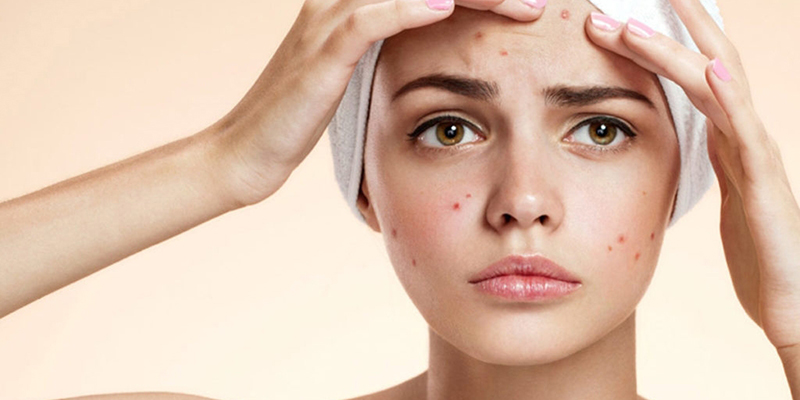
Understanding how to manage acne effectively is vital, not just to treat the visible symptoms but also to mitigate emotional distress.
Exploring The Nature Of Acne
Acne is characterized by pimples, blackheads, cysts, and other blemishes that predominantly appear on the face, back, and shoulders. The condition develops when hair follicles become obstructed by excess oil and dead skin cells, fostering an environment suitable for bacterial proliferation. Acne typically manifests in several forms, including:
• Pimples: These are small red or white inflamed bumps on the skin.
• Blackheads: This type consists of open comedones that appear dark due to oxidized oil.
• Cysts are more significant, painful lumps filled with pus that lie deeper beneath the skin's surface.
Addressing common misconceptions about acne is essential. Many believe it solely results from poor hygiene or diet; however, hormonal changes, genetics, medications, and environmental influences can significantly affect acne development. Dispelling these myths is crucial in fostering a clearer understanding of acne management.
Establishing An Effective Skincare Routine
Creating a daily skincare routine is essential in managing acne-prone skin. It provides a solid foundation for both treatment and prevention. Each step in this regimen serves a specific purpose that collectively aids in achieving a clearer complexion.
Cleansing should be the priority. Gently removing dirt and excess oil prevents clogged pores. It is advisable to choose non-comedogenic cleansers such as foam or gel-based formulas that clean effectively without irritating.
Following cleansing, toning plays a crucial role in restoring the skin’s natural pH balance and minimizing the appearance of pores, thereby lowering the risk of future breakouts. Toners with beneficial ingredients like witch hazel or salicylic acid can enhance skin clarity.
Despite preconceptions about oily skin needing little moisture, moisturizing is vital. Opt for lightweight, oil-free moisturizers that provide hydration without compromising pore health, as dry skin may stimulate excess oil production.
Finally, sun protection is indispensable. A broad-spectrum sunscreen with an SPF of 30 or higher protects against harmful UV radiation, which can exacerbate existing acne scars and create further skin complications.
By adhering to these steps, individuals can cultivate a reliable skincare routine that effectively combats acne while promoting overall skin wellness.
Harnessing Natural Remedies For Acne Relief
Tea Tree Oil
Tea tree oil is widely recognized as an effective natural treatment for acne owing to its potent antimicrobial and anti-inflammatory properties. By penetrating the skin, this oil destroys acne-causing bacteria and reduces inflammation. To use tea tree oil safely, it should be diluted with a carrier oil, such as coconut or jojoba oil, to prevent skin irritation. The application involves dabbing the mixture onto affected areas using a cotton swab, allowing it to sit for 30 minutes before rinsing. Caution should be taken to keep it away from the eyes and to perform a patch test in advance, as it may irritate sensitive individuals.
Aloe Vera
The soothing and healing properties of aloe vera make it an outstanding natural option for acne treatment. The gel extracted from the plant contains salicylic acid, which helps clear clogged pores and diminish redness. To apply, extract fresh aloe vera gel and use it to clean skin, concentrating on areas with blemishes. After leaving it on for roughly 30 minutes, rinse it off with warm water. Aloe vera is an overnight hydrating moisturizer, aiding inflammation reduction and skin healing. Opt for pure aloe vera gel sourced from the plant for optimal benefits.
Honey And Cinnamon
The potent antibacterial mask created from honey and cinnamon is another effective method for combating acne. Honey is a natural humectant, ensuring moisture retention while offering antibacterial benefits, while cinnamon can enhance blood circulation and provide antioxidants. To prepare this mask, combine two tablespoons of honey with one teaspoon of cinnamon until blended. Apply this mask onto clean skin, mainly targeting acne-prone spots, and leave for 10-15 minutes before rinsing off with warm water. This natural remedy can be utilized several times weekly, although caution is advised for those with sensitive skin or cinnamon allergies.
Nutritional Approaches For Clear Skin
A well-rounded diet is fundamental in achieving clearer skin and effectively managing acne. Incorporating foods rich in omega-3 fatty acids can diminish inflammation often associated with acne. Foods like salmon, sardines, walnuts, and flaxseeds are exemplary sources. Additionally, antioxidant-rich fruits and vegetables, including blueberries, strawberries, spinach, and kale, help combat oxidative Stress that could exacerbate skin issues. Prepare a smoothie featuring spinach, banana, and berries for a nutritious, skin-friendly option.
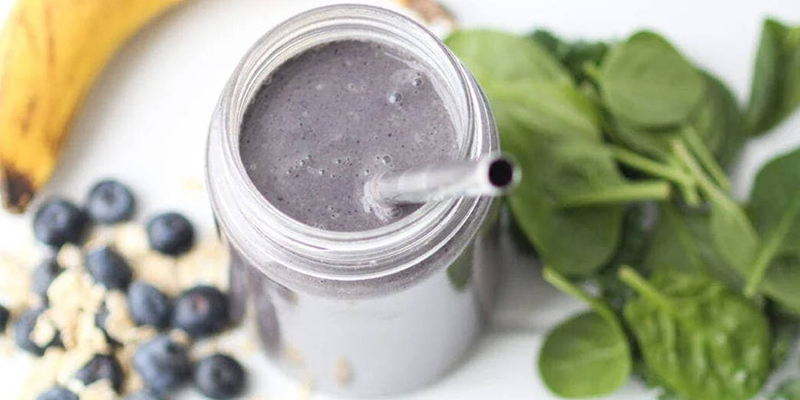
Conversely, some dietary elements may aggravate acne. A high-sugar diet can lead to insulin spikes that increase oil production in the skin, making breakouts more likely. Likewise, many observe that dairy products aggravate their acne; hence, substituting traditional cow's milk with alternatives like almond or oat milk may improve skin clarity.
Additionally, maintaining hydration is vital for clear skin. Consuming ample amounts of water throughout the day promotes skin elasticity and prevents dehydration, which is crucial for a healthy appearance. Aim for a minimum of eight glasses daily to keep your skin well-hydrated.
Embracing Lifestyle Adjustments For Optimal Skin
Incorporating straightforward lifestyle alterations can significantly enhance skin quality and overall health. First and foremost, managing Stress is essential; engaging in practices such as Yoga or meditation can substantially lower Stress levels and hormonal fluctuations that often contribute to acne. Dedicating merely a few minutes daily to relaxation techniques can benefit your skin and mental health.
Regular physical activity is another pivotal element. Exercise boosts blood circulation, feeds skin cells and helps eliminate toxins. To support skin health, strive for at least 30 minutes of moderate exercise most days.
Lastly, prioritize maintaining proper sleep hygiene. Aim for 7-9 hours of quality sleep each night and develop a calming nighttime routine to bolster the skin's natural repair processes. Implementing these minor yet impactful adjustments can significantly improve clarity and skin vitality.
Recognizing The Need For Professional Support
Identifying when to consult a dermatologist is critical for effective acne management. Schedule an appointment if over-the-counter treatments have shown no improvement after six weeks, if your acne is severe, or if emotional distress prevails. Professional guidance is invaluable for those coping with painful cysts or if your skin health significantly impacts mental well-being.
Dermatologists can provide advanced treatment options, including prescription topical treatments like retinoids and antibiotics and cutting-edge options like laser therapy that address deeper skin layers. It's essential not to hesitate to seek professional advice when self-care efforts prove inadequate.
The Path To Personalized Skin Care
In essence, managing acne at home requires a multifaceted approach involving a keen understanding of its causes, effective treatment tactics, and positive lifestyle changes. Each individual's skin is unique, implying that while some methods may prove fruitful for one person, they may not necessarily work for another. Therefore, patience and consistency are paramount when trialling various remedies, as positive changes may manifest over time. Approach your journey toward clearer skin with determination and resilience. Your commitment to nurturing your skin equips you with the empowerment to take control of your health. Keep learning and adapting until you identify the best solutions for your skin's needs.







